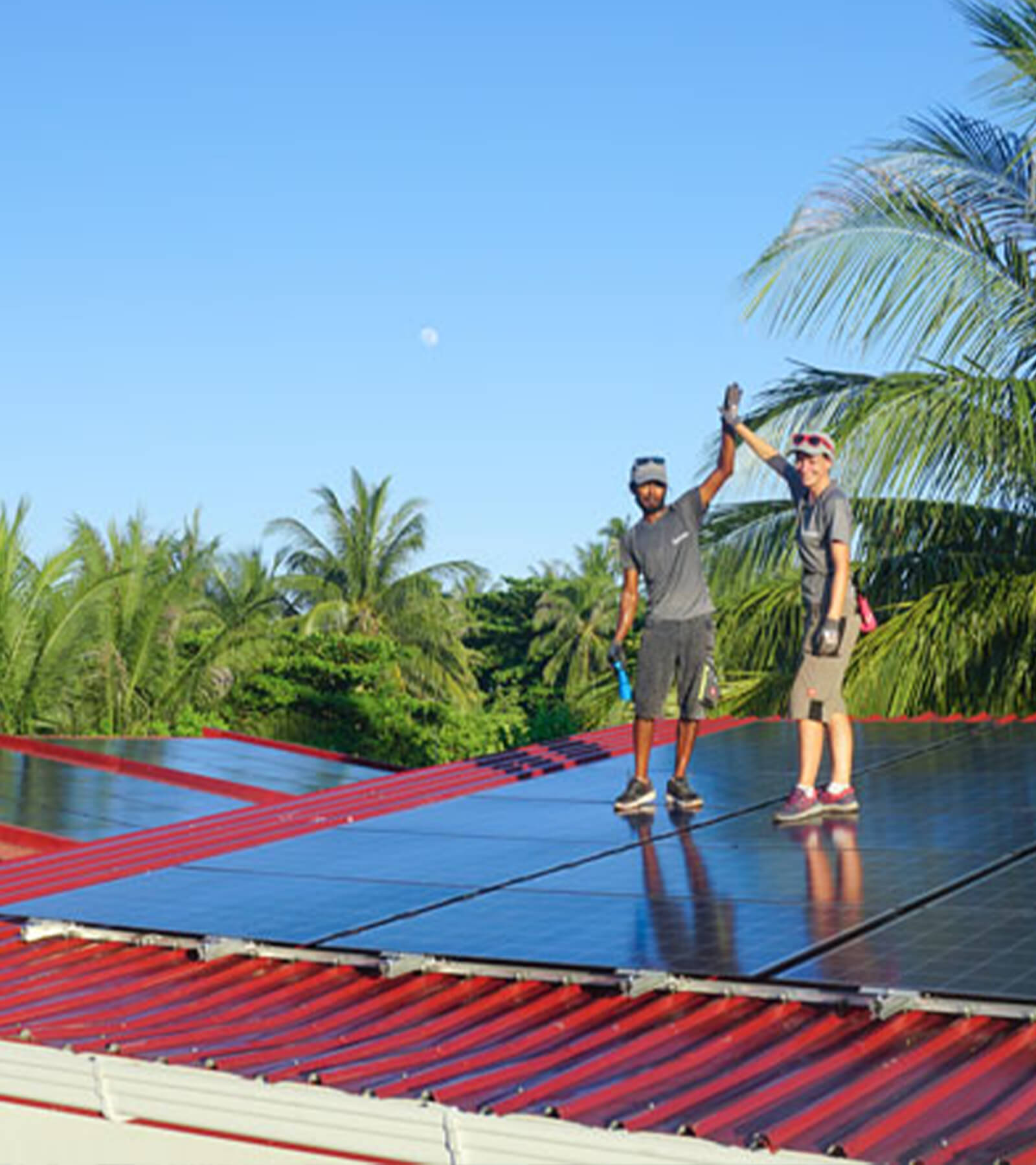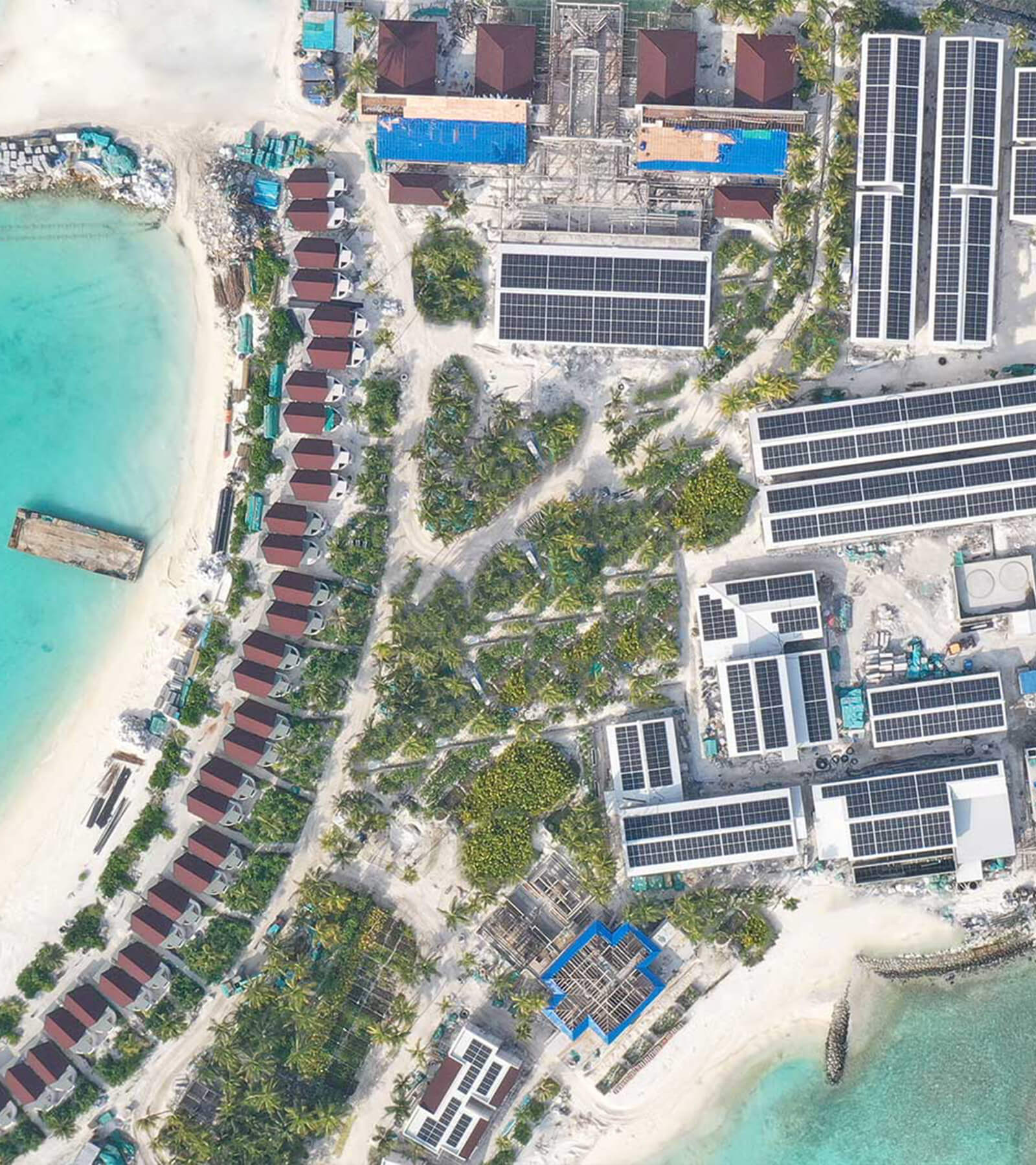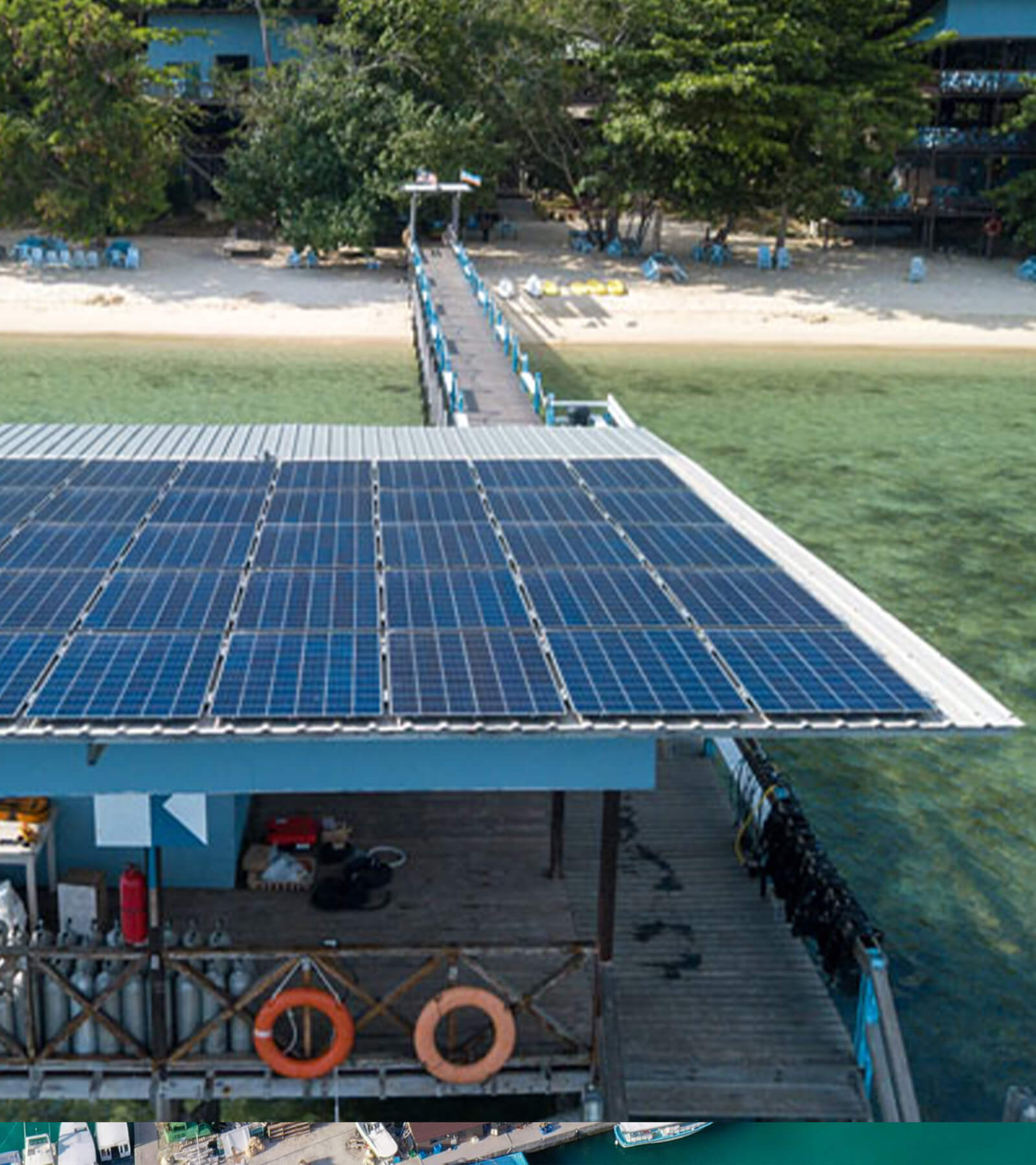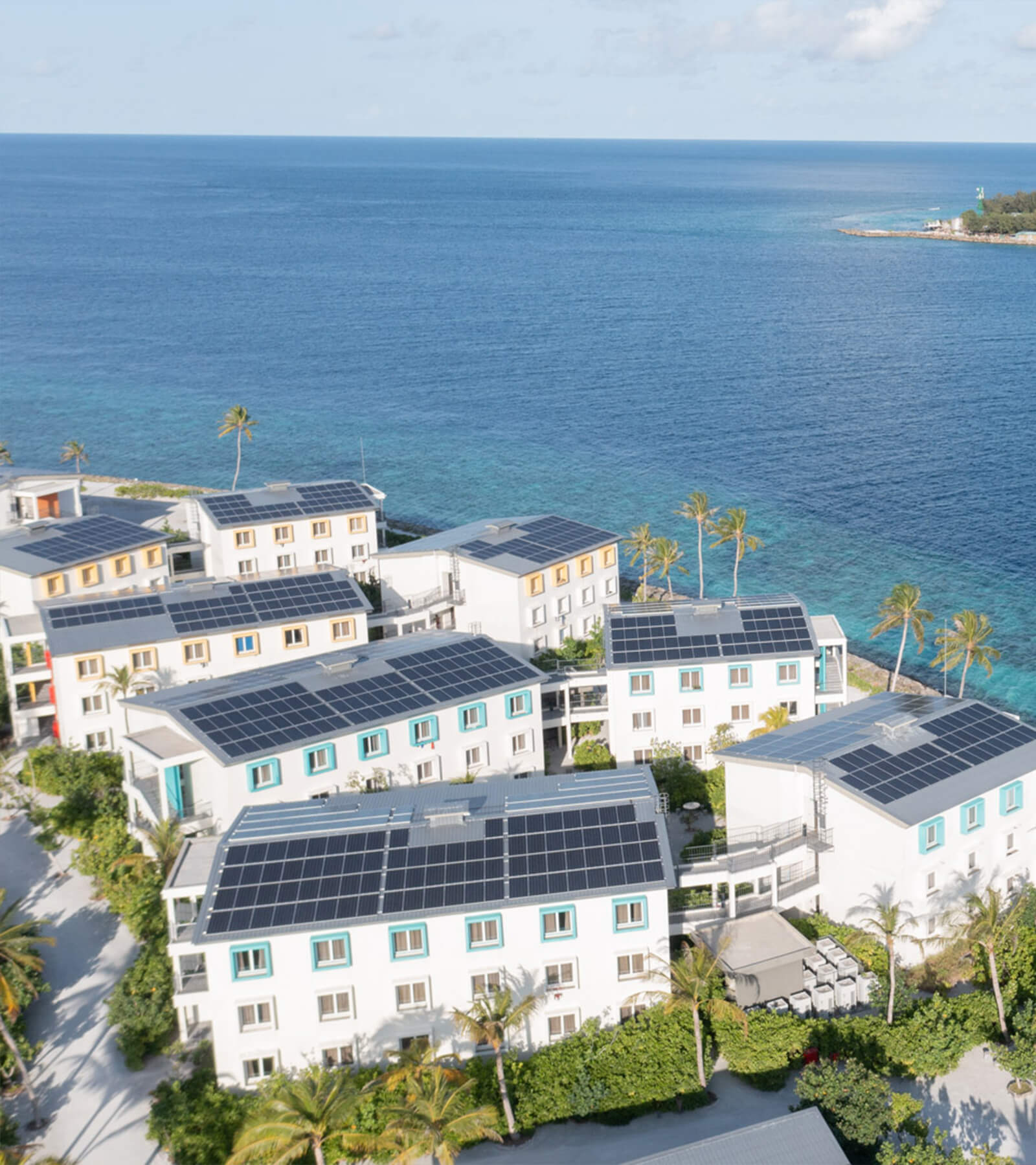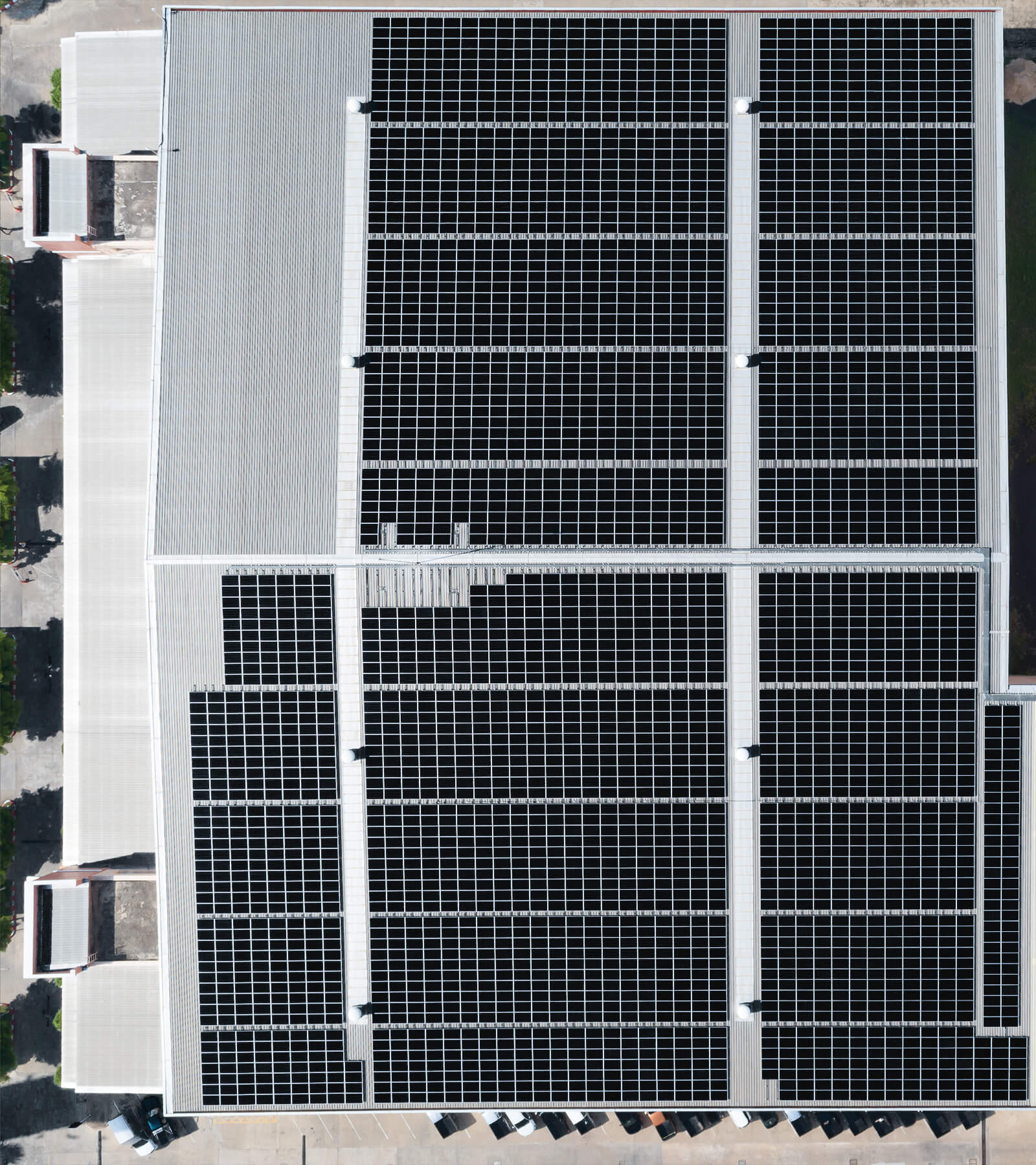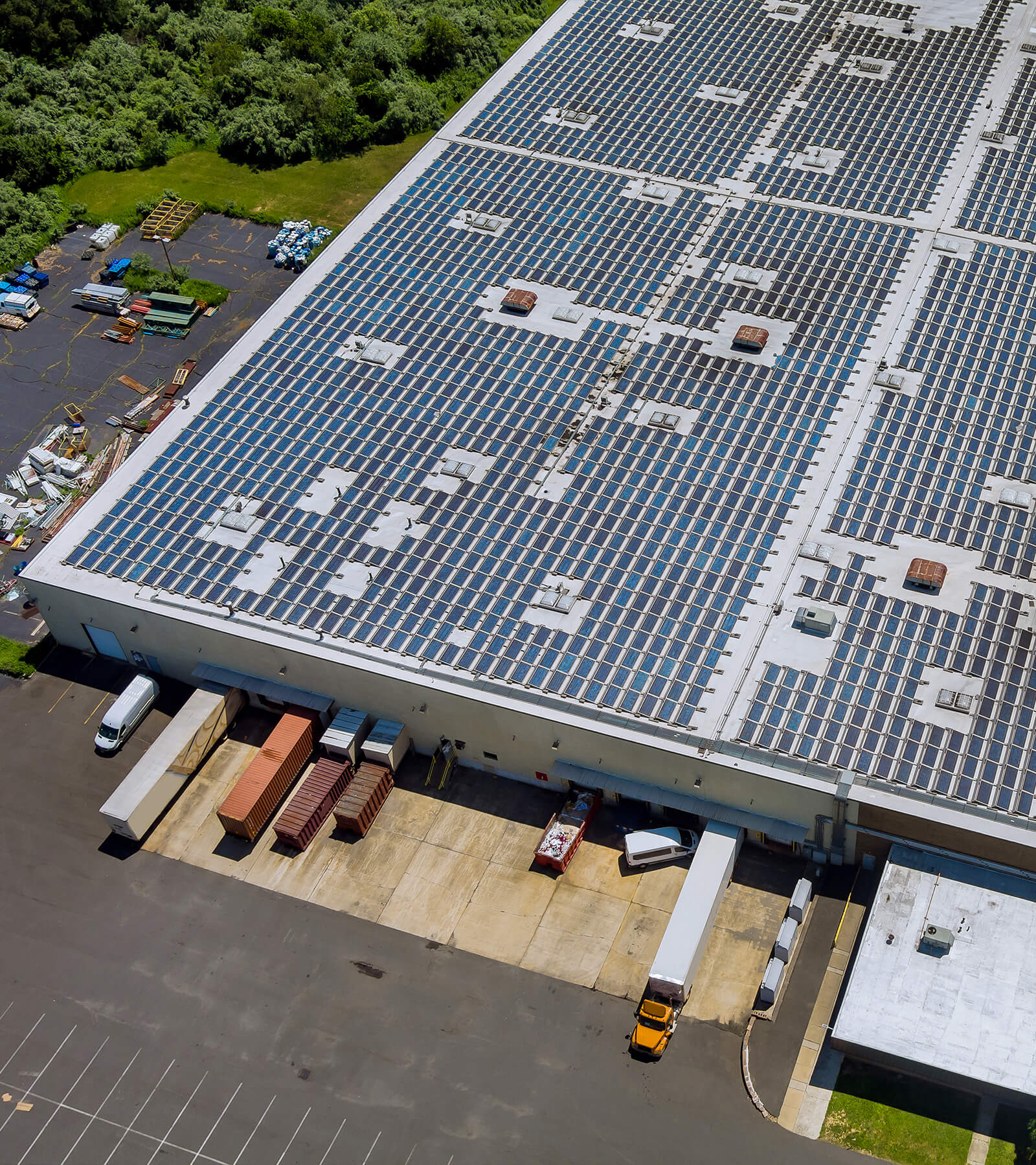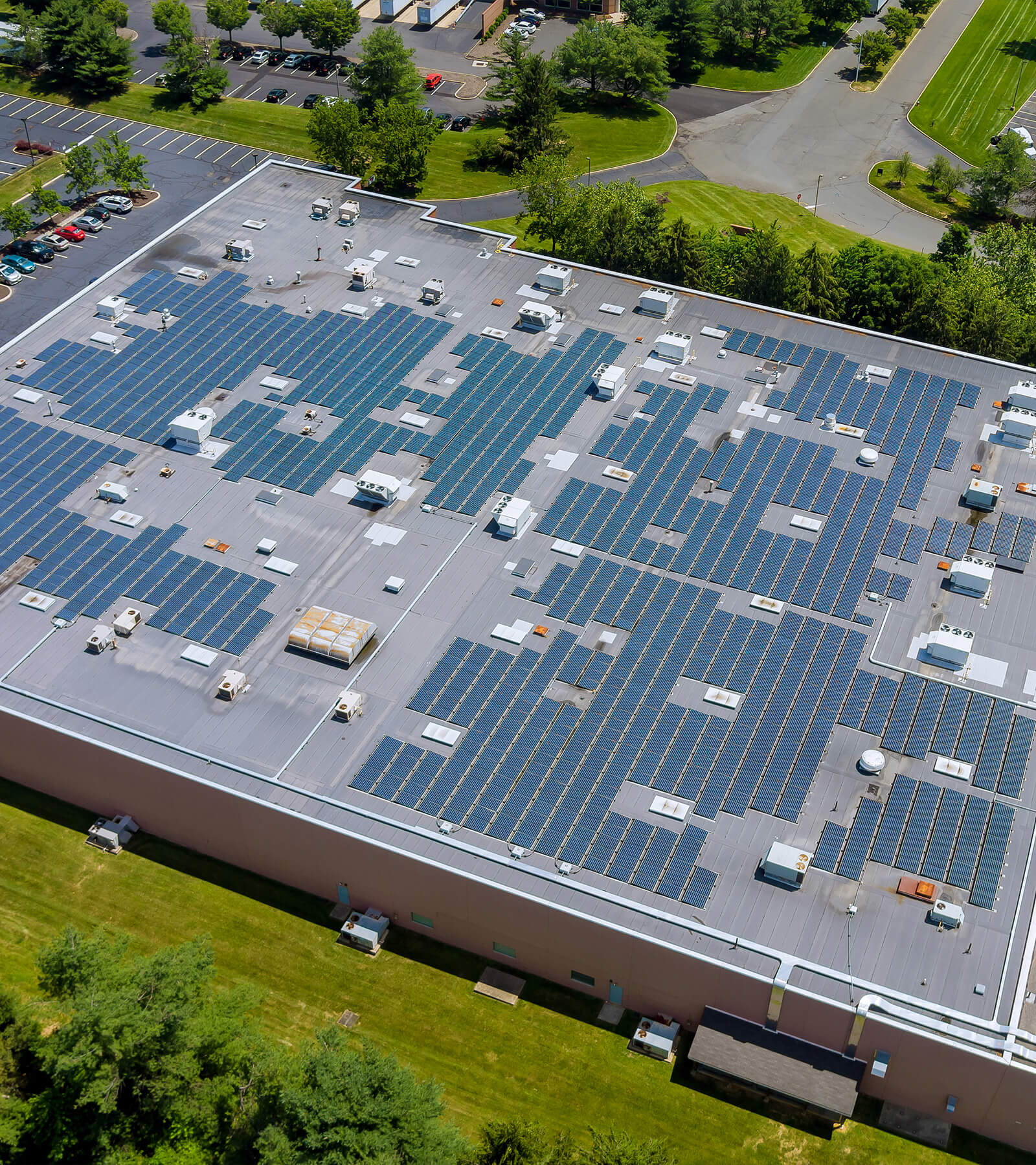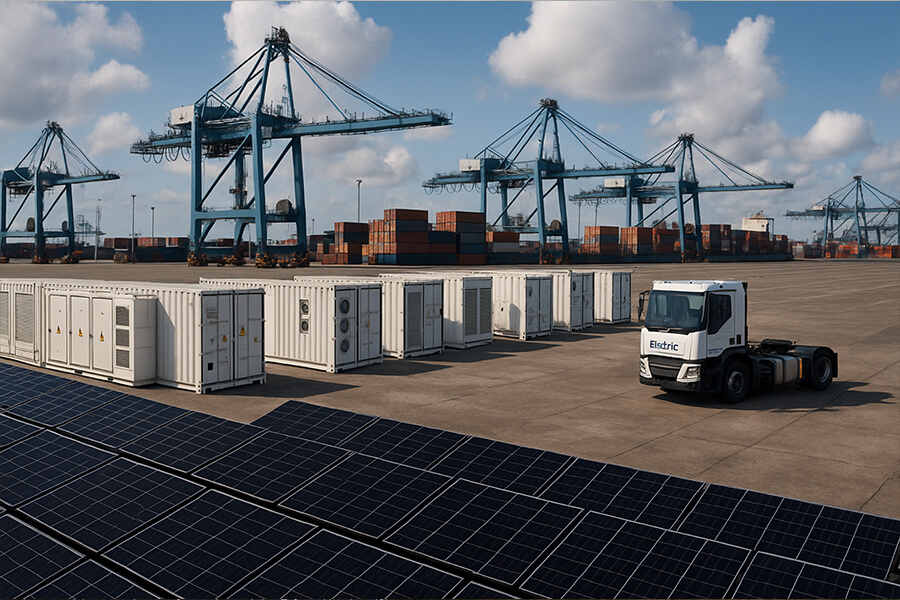Forget fragile fuel lines! NATO just deployed 120 Rheinmetall-designed Military BESS Container Mobility units (500kWh each), slashing forward base diesel reliance by 90%. These solar-topped ‘power fortresses’ sustain ops for 72 hours, deploy in 45 mins (-30°C to +55°C tested!), and save €28M yearly. Diesel convoys? Basically unemployed. Welcome to mobile, resilient energy security.
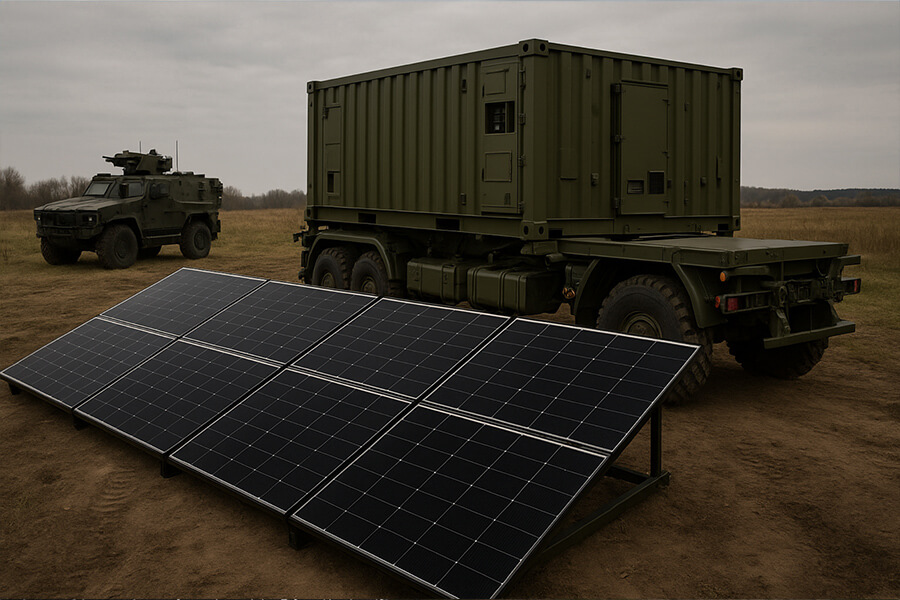
Ditching the Diesel Din for Mobile Power
Picture this: A forward operating base (FOB) nestled somewhere… operational. High-stakes missions humming, critical comms buzzing, sensors scanning. But the dominant soundtrack isn’t enemy chatter or encrypted signals – it’s the relentless, grumbling chorus of diesel generators. These thirsty beasts guzzle fuel like it’s an eternal happy hour, demanding a constant, dangerous, and expensive lifeline of fuel convoys snaking through potentially hostile territory. The vulnerability and cost? Staggering.
The Diesel Dilemma: A Quick Snapshot
| Factor | Traditional Diesel Generators (FOB Context) | The Pain Point |
|---|---|---|
| Logistical Tail | Long & Vulnerable | Convoys are prime targets, requiring significant security escorts. |
| Fuel Consumption | High & Continuous | Constant need for resupply, burning through millions annually. |
| Noise & Thermal Signature | High | Compromises operational stealth and security. |
| Environmental Impact | Significant (CO2, Particulates) | Contradicts strategic sustainability goals & creates local pollution. |
| Resilience | Dependent on uninterrupted fuel supply | Single point of failure: cut the fuel line, cripple the base. |
(Source concepts derived from common military logistics challenges documented by NATO and defense analysts, e.g., RAND Corporation reports on FOB sustainment)
Enter stage left, June 2025: NATO’s Rapid Deployable Corps. They didn’t bring a louder generator; they brought a smarter, quieter, fundamentally different solution. They inaugurated 120 state-of-the-art, transportable Battery Energy Storage System (BESS) Container units. Each unit packs a robust 500 kilowatt-hours (kWh) of energy storage – think of it as a giant, battle-ready power bank on wheels. And the pièce de résistance? It brought its own integrated solar canopy. Forget happy hour; this unit soaks up sunshine.
This isn’t just an upgrade; it’s a paradigm shift in energy security for FOBs. The core mission? Mobility and Resilience. These containers are designed to roll in, power up rapidly, and sever the umbilical cord to vulnerable diesel convoys. By harnessing solar energy integrated directly into the deployable unit itself, NATO is fundamentally redefining how forward bases generate, store, and consume power. The era of the diesel din as the default backdrop is facing a formidable, silent challenger.
(Source: Specific details on unit count, capacity, deployment entity, and date: NATO Energy Security Command White Paper, June 2025 announcement – Link to be added when public URL is available, typically found via NATO’s official newsroom or Energy Security Command publications)
The Tech & The Triumph – Solar, Storage, and Serious Savings
So, what exactly makes these NATO power units tick? Forget clunky generators; this is Military BESS Container Mobility engineered for the modern battlefield.
The Rheinmetall Magic: Built Tough, Think Smart
Designed by the defense engineering titans at Rheinmetall – folks who know a thing or two about making things survive harsh realities – these aren’t your average shipping containers hauled off a dock. Think of them as energy Swiss Army knives. Each 500kWh unit integrates cutting-edge lithium-ion battery storage, sophisticated power management systems, and crucially, the brains to seamlessly switch between grid power (when available), silent generator top-ups (minimal runtime), and its true game-changer: integrated solar harvesting.
Solar Canopies: The Silent Game-Changer
“Why rely solely on risky, expensive diesel convoys snaking through potential ambush zones,” asks the NATO energy strategist, “when you can harvest sunshine right above your FOB?” That’s the genius. Each container unit features a robust, retractable solar canopy. These bad boys leverage that free, abundant solar energy to achieve something transformative: sustaining 72 hours of critical base operations purely on stored solar and battery power. Translation? They’re actively kicking the diesel habit, demonstrably replacing a staggering 90% of those vulnerable, expensive fuel convoys previously required. That means fewer “juicy targets” for mischief-makers and significantly fewer carbon footprints left in the operational mud.
Mobility & Toughness: Estonian Winter Approved
Concept slides are nice; real-world mud, ice, and scorching heat are the ultimate tests. Enter Estonia, winter 2024. NATO didn’t pick a beach resort; they chose a place where your breath freezes mid-curse (-30°C) to validate these units under extreme cold start conditions. The result? They proved you don’t need a PhD in Ikea assembly to deploy combat power. A swift, well-drilled 45 minutes is all it takes to roll a unit off its transport and have it fully operational and charging. Oh, and they didn’t just survive the cold; they were also baked in simulated desert conditions (+55°C – where your boots might genuinely consider melting). They shrugged it all off. Basically, they’re tougher than a drill sergeant’s morning coffee.
The Impact: By the Numbers
| Feature | Specification / Achievement | Source & Significance |
|---|---|---|
| Solar-BESS Runtime | 72 hours of critical ops | NATO Operational Report 2025-001: Proves significant off-diesel endurance. |
| Diesel Convoy Reduction | 90% | NATO Logistics Command Assessment (June 2025): Directly cuts vulnerability & cost. |
| Annual Fuel Logistics Savings | €28 million (across 18 bases) | NATO Financial Efficiency Review 2025-Q3: Tangible, massive cost avoidance. |
| Deployment Time | < 45 minutes | Rheinmetall Field Test Report – EST-2024-WINTER: Validates rapid mobility claim. |
| Operational Temp Range | -30°C to +55°C | Rheinmetall Environmental Testing Certification: Proves all-climate resilience. |
| Solar Canopy Contribution | Primary sustainment for 72h target | Rheinmetall System Design Whitepaper: Core to achieving operational independence. |
The triumph isn’t just in the tech specs; it’s in the strategic shift. By slashing the fuel logistics tail by 90%, NATO isn’t just saving €28 million annually; it’s drastically reducing a critical vulnerability, enhancing base stealth (quieter ops!), and making a substantial down payment on its 2030 Climate Security Strategy goals – all rolled into one mobile, solar-topped container. The diesel generator’s monopoly on FOB soundscapes is officially challenged.
The Maxbo Solar Connection – Powering Resilience Beyond the Battlefield
Seeing NATO’s successful deployment of these mobile, resilient, solar-integrated BESS containers is genuinely exciting. It perfectly underscores the critical shift towards deployable, sustainable energy security – a concept fundamental to modern power needs, whether on the front lines or powering remote operations far from the grid.
Here at Maxbo Solar, we’re deeply invested in this very future. While we’re not building NATO’s specific Rheinmetall-designed combat containers, the core principles driving their success – mobility, resilience, and seamless solar integration for robust off-grid power – are precisely what energize us every day.
What We Deliver: High-Performance Solar Solutions for Demanding Environments
Maxbo Solar specializes in designing and supplying high-performance solar energy solutions, including critical components and deep expertise highly relevant for demanding mobile and stationary applications where reliability is absolutely non-negotiable. Think:
- Ruggedized Solar Panels: Engineered for harsh conditions (extreme temperatures, high winds, impacts) – the kind that keep generating power where standard panels fail.
- Sophisticated Charge Controllers: Intelligent management systems maximizing energy harvest from solar and ensuring optimal, safe battery charging for systems like BESS containers.
- Energy Storage Integration Expertise: Designing and implementing robust connections between solar generation and advanced battery storage systems for seamless off-grid or hybrid operation.
The Growing Need for Mobile Solar Power: Beyond Military Precision
| Application Sector | Key Challenge | Mobile Solar + Storage Solution Benefit | Market Growth Indicator |
|---|---|---|---|
| Remote Industrial Sites | Expensive, unreliable diesel gensets; complex logistics | Reduced fuel costs & reliance; silent, emission-free operation | Global Off-grid Solar Market for Mining/Industry: €4.2B in 2025 (CAGR 18.5%) |
| Disaster Response | Critical infrastructure destroyed; urgent power need | Rapid deployment; immediate power for comms, medical, shelters | UN OCHA reports >80% of major disasters require rapid mobile power solutions |
| Telecom Infrastructure | Powering remote towers; reducing OPEX & downtime | Significant diesel savings; enhanced uptime; lower maintenance | TowerXchange: 35% of new remote telecom sites now specify solar-hybrid power (2025) |
| Event/Construction Power | Temporary, clean power needs; noise restrictions | Quiet, zero-emission operation; fast setup/teardown | Event Industry Report: Mobile solar gensets demand up 40% YoY (GreenPower Monitor) |
Why Maxbo Solar Lives This Reality (No Lab-Coats, Just Salt-Stained Boots)
Inspired by Cyprus’ success, our containerized BESS solutions are engineered for real-world abuse:
(Sources:
- Global Off-grid Market Size:
https://www.marketresearchfuture.com/reports/off-grid-solar-market-1073(2025 Projection) - UN OCHA Disaster Stats:
https://www.unocha.org/publications/report/world/humanitarian-overview-2025-en - TowerXchange Hybrid Adoption:
https://www.towerxchange.com/market-intelligence-report-remote-power-q2-2025/ - Event Industry Green Power Demand:
https://www.greenpowermonitor.com/industry-trends-2025)
Maxbo Solar: Your Partner for Robust Off-Grid Power
Inspired by the immense potential of mobile, solar-backed power solutions like NATO’s innovative BESS containers? Whether your challenge involves powering remote industrial operations, enabling swift disaster response, or enhancing energy resilience for critical infrastructure, Maxbo Solar possesses the expertise, robust product portfolio, and commitment to reliability to make your off-grid or hybrid power ambitions a tangible, high-performing reality.
Explore how Maxbo Solar can power your mission-critical operations: www.maxbo-solar.com

